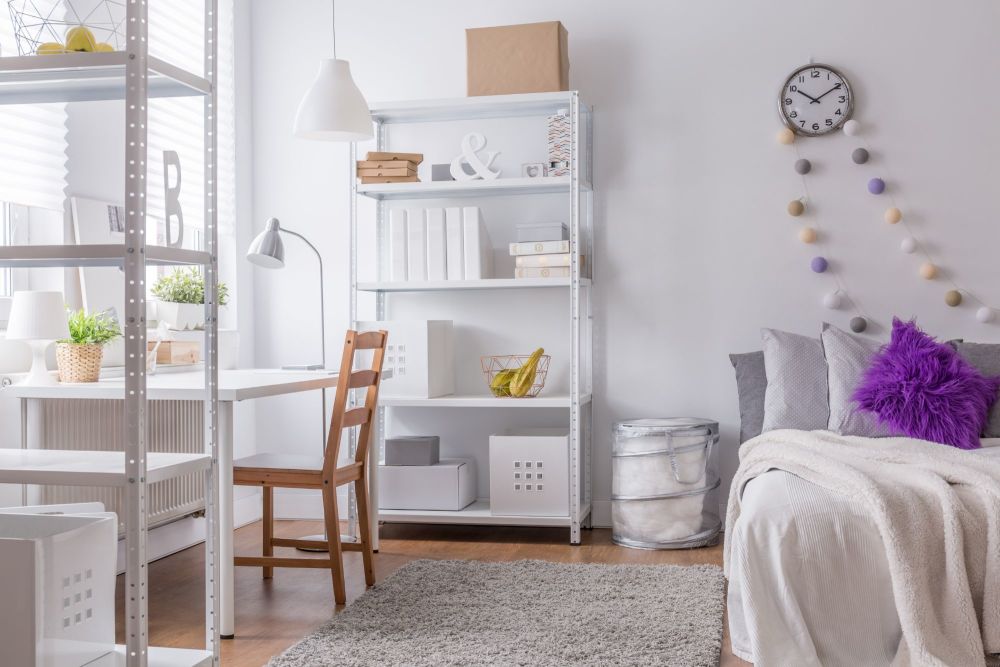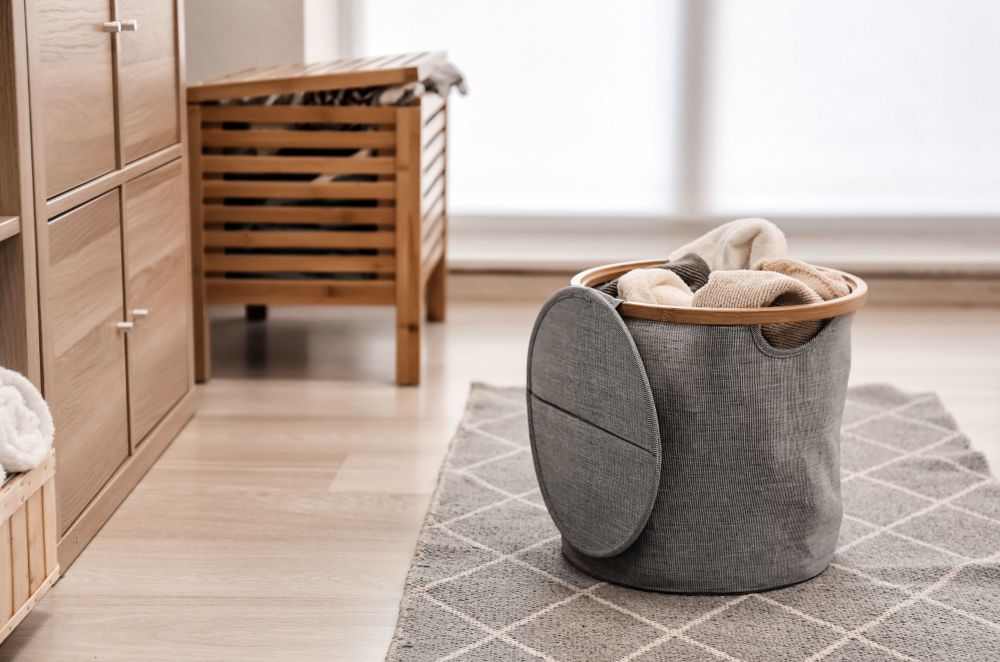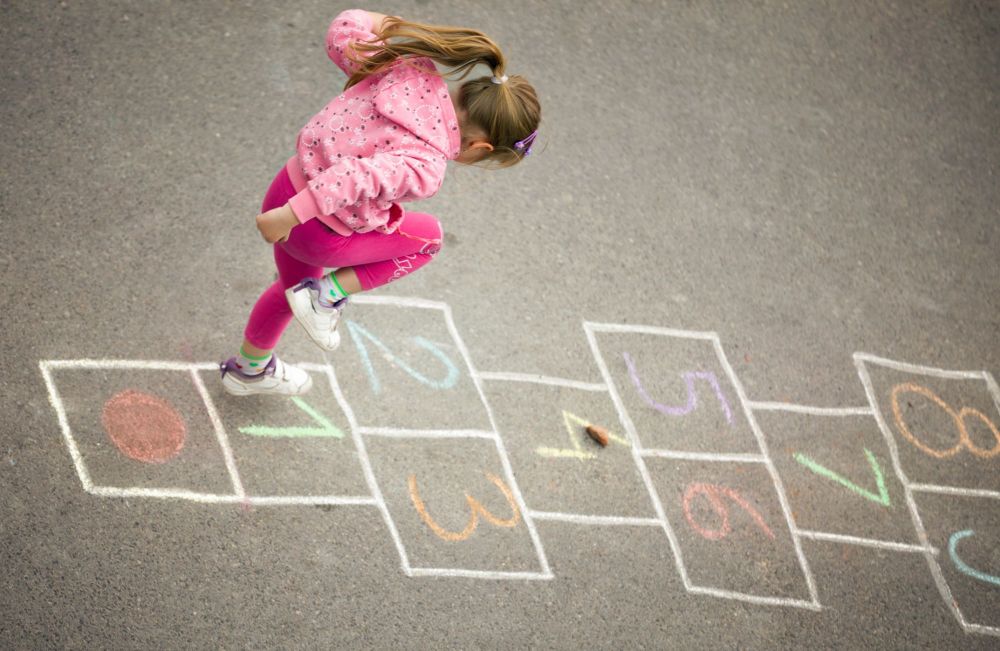Great room organising ideas for teenagers (that won't break the bank)
Posted on
It’s very easy for a teenager to end up with a messy room (and I have a teenager to prove it). Here are some easy-to-do tips and ideas to create a relaxing, enjoyable atmosphere for you both to live with!

Store Knickknacks on Shelves
In order to keep the bedroom tidy, it’s best to put collections, books, and knickknacks on shelves instead of keeping them all about the room or on a dresser. This creates order out of chaos and it will be easier to find specific objects. Having a space reserved in a room keeps it tidy and in order.
Have a Place for Laundry
A lot of the mess which clogs a teenager’s room is laundry. Having a special place for laundry–like in a dedicated laundry basket in the corner can help de-clutter the entire room. The best idea is to have a place for dirty clothes and a place for clean ones—that way clean laundry doesn’t become mixed with laundry which needs to be cleaned.

Clean up for Ten Minutes or Less Before Bed
This tip can become very useful: take a few minutes before bed and tidy up the bedroom. Place books back on the shelves, put laundry away, clean up the desk. Taking only a few minutes can save one from having to spend an hour in the future clearing clutter. This tip is easily made into a routine since going to bed is already a routine.
Use Boxes, Buckets, and Baskets
A great organizing tip is to use boxes or any type of storage container for small items. This storage tip places small items out of sight and causes the room to feel more spacious. Labeling boxes may become important when one has many of them. Plus, decorative boxes add style to any room. Boxes can be stacked or set in a row in a closet. Boxes are useful for not only tidying the room but also for creating a creative design.
Personalise A Bedroom
In order to make a teenage bedroom unique, the easiest way is to add some personal touches. There are a variety of ways to personalise a room. Posters are a quick way to add an original touch while adding a new paint color can help brighten a room. Buying new furniture is the expensive way to go, but you don't need to spend too much money. Teenager havens like Primark and H&M have a great (and afforable) home section which is always on trend, making it a win for a teenager!











